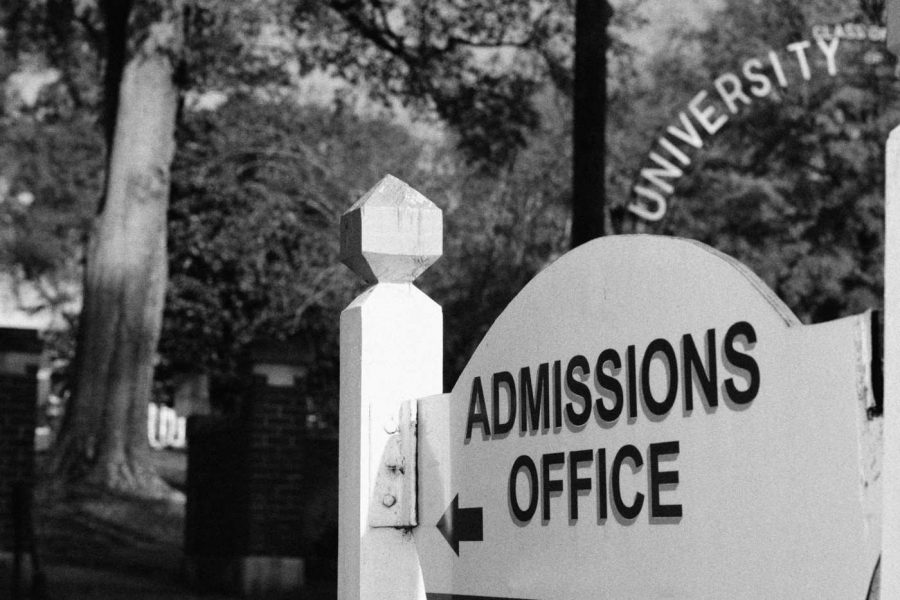The wealthy upper class has a stark advantage over the majority of college applicants, even if they don’t commit fraud to get admitted.
At the heart of the college admissions scandal lies a greater issue: the vast inequality in accessing higher education. High school graduation rates are increasing nationwide, yet college enrollment rates are taking a dip. Despite students’ apparent capability, increasing costs of attaining a higher education turn them away from pursuing a degree. Not only do low-income students lack the resources and opportunities to initially get into college, but they also often struggle to graduate if and when they are admitted. According to the National Center for Education Statistics, only 16% of low-income students end up completing their four years.
The use of private counseling and tutoring has become a prevalent tactic for wealthy families to get their children into highly selective schools. According to a study conducted by the Lipman Hearne marketing firm, 26% of students who scored above the 70th percentile on the SAT or ACT admitted to using private tutoring and counseling services. However, this percentage is estimated to be much higher due to lack of disclosure.
“My parents could barely afford to put me through AJ [tutoring agency], but we knew it was necessary,” an anonymous Woodside High School student claimed. “Thousands of dollars went towards my tutoring, and I can’t imagine what I would’ve done without it. Without any extra help these days, it’s nearly impossible to be even slightly competitive for colleges.”
AJ Tutoring, a Bay Area company specializing in college test prep, is widely used amongst students in the Peninsula. Much like any other college preparatory service, it comes at a high price.
According to an article written by Ian Sims for the University of Texas Austin’s publication, “In an ideal world, it would be mandated that private services report a list of their clients to schools directly. This enforcement mechanism would prevent lying and underreporting.”
By having clients reported, colleges may be more reluctant to accept those who used excessive aid to get where they are. Ivy Coach, a renowned counseling service for college applicants, acknowledges that wealthy applicants have an unfair advantage over low-income students but argues that it is simply how the real world works.
“To require that private college counseling firms report their clientele to colleges, as Ian suggests, is un-American. What would be next… for CVS to announce a customer’s specific prescriptions ready for pickup on the loudspeaker?” Ivy Coach responded to Sims’s claims.
Reporting private business information to colleges may not be the correct way to assuage this inequality, but that doesn’t mean there isn’t a way to make the college admissions process more equitable. The wealthy will always have access to better resources and opportunities. Yet that advantage must be curved in order to allow everyone equal chances to get into college.









